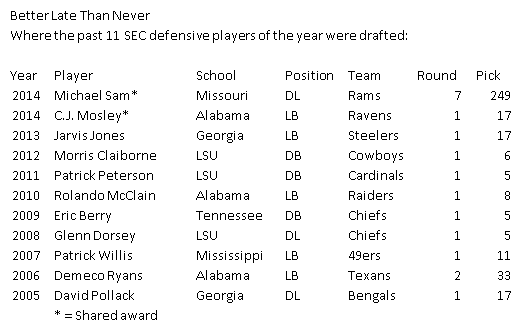Amy Alkon on the not-very-surprising discovery of a recent US government Equal Employment Opportunity Commission study that after three decades of corporate anti-harassment training, no discernable difference in workplace harassment can be detected:
Anti-Harassment Training Doesn’t Work
But let’s keep it up so we can feel like we’re doing something. (More on that below.)
By the way, as I’ve written before, referencing the work of evolutionarily-driven law professor Kingsley Browne, men give each other shit — in the workplace and as a way of competing with each other.
Sure, there’s a point at which this can become toxic, but if you can’t take a joke or a bit of teasing, maybe you need to strengthen up so you can make it in the work world, as opposed to demanding that the work world conform to nursery school niceness standards.
Then again, you can always stay home and just care for the kiddies while your spouse braves those, “Hey, nice pants, dude!” jokes.
By the way, men’s competitiveness comes out of evolved sex differences — how men are the warriors (and competitors) of the species and are comfortable in competition with each other and with hierarchies in a way women are not.
Sex differences research Joyce Benenson explains that women group in “dyads” — twos — and are covert competitors, engaging in sniping and casting out any women who seem to stand out as better than the rest. (Women seem to have evolved to show vulnerabilities rather than strengths to other women in order to show they are trustworthy — which may be why women tend to be apologizers and put themselves down.)




